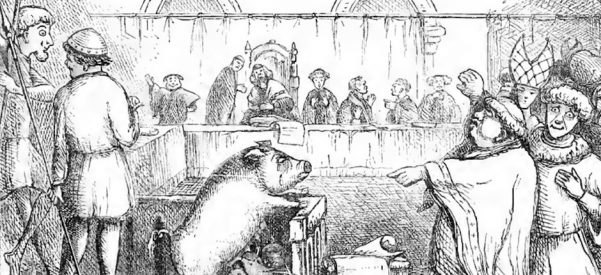The 1919 Murder Case That Gave Americans the Right to Remain Silent
Decades Before the Supreme Court's Miranda Decision, a Washington Triple Slaying Paved the Way to Protect Criminal Suspects
If you’ve ever watched an American television crime drama, you probably can recite a suspect’s rights along with the arresting officers. Those requirements—that prisoners must be informed that they may remain silent, and that they have the right to an attorney—are associated in the public mind with Ernesto Miranda, convicted in Arizona of kidnapping and rape in 1963.
But the “Miranda rights” routinely read to suspects as a result of the 1966 Supreme Court decision that overturned his conviction have their …



